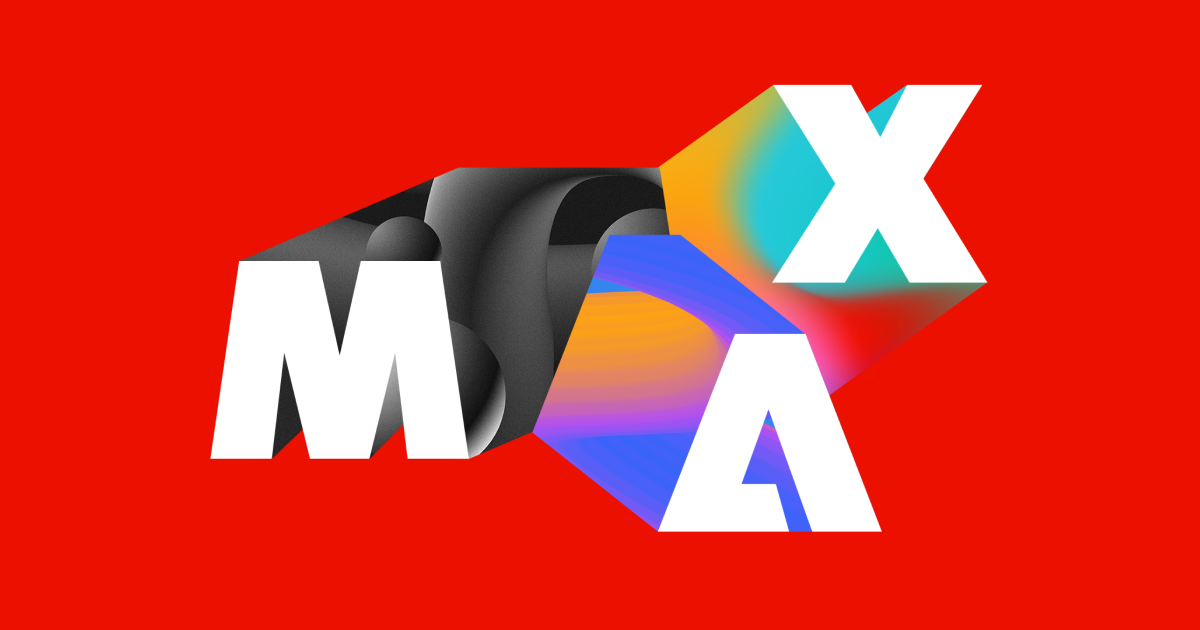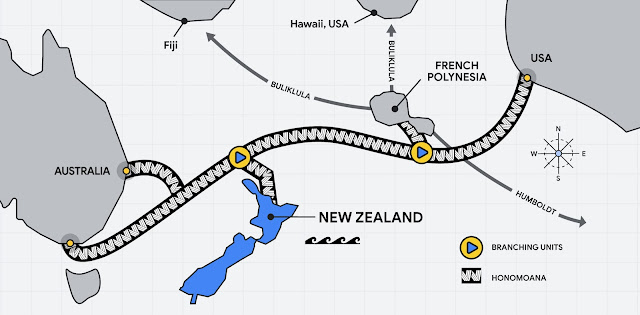Richard Conway, Managing Director of The Optimisers and Pure SEO shares his perspective on leading the industry through change as SEO evolves into new optimisation techniques including Generative Engine Optimisation (GEO) and Answer Engine Optimisation (AEO). Richard shares his insights on how Kiwi businesses can optimise their online presence in an evolving Search landscape.
 How Kiwi Businesses can Optimise Their Online Presence for SEO, GEO, AIO
How Kiwi Businesses can Optimise Their Online Presence for SEO, GEO, AIO
By The Optimisers Richard Conway, Managing Director, The Optimisers and Pure SEO.
Leading the market through change is exciting. Having recently spoken at Digital Day Out, Brainy Breakfast, various podcasts and Radio NZ, it has become apparent that New Zealand businesses are keen to appear in the different Large Language Models (LLMs) such as ChatGPT, Perplexity, Claude etc, but are finding it difficult to find reliable information with a New Zealand focus collated in one place. Which is why I have put together some of the latest information for IAB New Zealand.
SEO has been and remains a non-negotiable in respect of successful online visibility, however, the increase in use of LLMs has meant that there is a new aspect of SEO that differs from traditional practices. The international community has started to refer to these new optimisation techniques as Generative Engine Optimisation (GEO), or in some cases Answer Engine Optimisation (AEO). This new and rapidly evolving industry provides New Zealand businesses with an opportunity to take advantage of a nascent technology to create an early mover, competitive advantage. In the past month, our business has closed three large deals that used ChatGPT to find us, there are many similar stories from our stable of clients. The opportunity is huge and growing every day.
At The Optimisers we are obsessed with search and data (not surprising, having been born out of Pure SEO!). We have holistically looked at our aggregated data and identified an approximate 30% reduction in traffic across the board to Kiwi and Australian websites (Australian websites have a slightly larger dip than Kiwi ones). The reason for this is the large increase in zero-click searches; consumers are being served information within search results (AI Overviews - Google) or accessing data from within the LLMs themselves. Traditionally, these searches would have sent visitors to websites, now there is no longer a need as they get everything they need, without the additional click. This is going to increase exponentially; especially when considering things like ChatGPTs deal with Shopify, whereby consumers will be able to source, purchase and review items all without leaving ChatGPT.
One of the biggest issues facing marketers is that this new method of researching does not involve a ‘click’, therefore tracking and attribution is becoming increasingly difficult, so much so that it feels like we are regressing 10 years in respect of true attribution.
Google & AI Overviews
Everyone has seen AI overviews within Google search. This smart method of integration allows Google to leverage their existing market dominance and to introduce AI to searches in a natural, native environment. In the US and India, Google has released AI Mode, having extensively tested this, I believe the outcomes are not only richer (multi-modal; video, voice, image, and text), they also provide better answers.
Interestingly, Caroline Rainsford (Country Director, Google NZ) recently said that Google would be introducing a PPC method of appearing in AI Overviews later this year, it was only a matter of time; shareholder value is key.
I am fortunate to be part of a mastermind group of some of the world’s leading SEO, marketing and search specialists. One of our regular conversations is around GEO, AIO and why AI Overviews choose particular sources giving disproportionate weight to certain websites. In May this year Brightedge Labs released a report that reveals their data demonstrates that websites with the most prolific brand citations (brand mentions) earn up to 10X more visibility within AI Overviews:


A deep dive into our own data supports this assertion in both New Zealand and Australia. We have found that there is a positive correlation between favourable mentions in top-tier media, social media (Reddit) in New Zealand and the visibility of a website in AI Overviews. Conversely, negative mentions appear to have a slightly negative impact to a website’s visibility. Reputation matters.

Resource: https://ahrefs.com/blog/ai-overview-brand-correlation
Technical SEO, AIO, GEO are still critical, things like structured data (schema markup), page load speeds and quality of information (EEAT - https://moz.com/learn/seo/google-eat) are still absolutely non-negotiable in respect of visibility.
Michael King from iPullRank did an excellent piece looking at the six most important patents in respect of AI search. In this piece, he highlighted the difference between the probabilistic nature of LLMs and AI Overview and the deterministic outputs of traditional search
(https://ipullrank.com/how-ai-mode-works)
Deterministic = predictable and repeatable. If you put the same input, the output will be the same.
Probabilistic = unpredictable and not consistently repeatable. The same inputs are likely to generate
different outputs.

We created content, knowing Google would crawl and index it. The output would be predictable, Google would display specific parts in the SERPs based on what we provided. But it wasn’t actually interpreting the information, it was merely extracting and presenting it.

In order to succeed today core SEO fundamentals are still non-negotiable; high-quality content, clean site architecture, and accessible link structures, however, today visibility is also shaped by a more complex and often an opaque reasoning process. Large Language Models (LLMs) go beyond simple extraction; they interpret context, assess relevance in real time, and incorporate prior user interactions. They’re also built to handle more nuanced, conversational queries rather than just isolated keywords or phrases.
Other LLMs – Chat GPT, Perplexity, Claude
Google has access to a huge amount of data and a captive audience that has been using its interface for years. The LLMs however, do not have that advantage (or disadvantage, depending on how you look at it – I think it is both).
SEMrush’s recent study identified that Google’s top 10 organic rankings has a big overlap with LLM citations, meaning all your hard SEO work over the years has been worthwhile.

|
Platform |
Domain Overlap with Google Top 10 |
URL Overlap with Google Top 10 |
Interpretation |
|
Perplexity |
91% |
82% |
Highest alignment – Closely mirrors Google's top 10 results, with frequent citations from those sources. |
|
Google AI Overviews |
86% |
67% |
Continues to rely heavily on Google's traditional search index for content and rankings. |
|
Google AI Mode |
~54% |
~35% |
Shows greater independence, particularly evident in sidebar responses that deviate from core search listings. |
|
ChatGPT |
Lowest |
Lowest |
Minimal overlap with Google results; demonstrates closer resemblance to Bing’s output based on earlier studies. |

As highlighted previously, across all platforms, there’s been a strong correlation between strong SEO performance (specifically top 10 rankings) and being cited in AI-driven search results. I expect this trend to continue, which again reinforces the ongoing importance of traditional SEO.

In Summary
While the landscape continues to evolve, our team at The Optimisers is actively monitoring, adapting, and optimising clients' websites. To help Kiwi businesses navigate the current environment, particularly when it comes to content formatting and writing, I’ve put together the following table as a practical guide.

Resource: https://pureseo.com/nz/blog/geo-vs-seo-ai-search-engines
Over the past 18 months, our agency has invested millions into researching LLMs and their impact on search, employing the best in the world to assist us (Brittney Muller, recognised as one of the world’s leading authorities in this space; https://britneymuller.com/). This has helped us lead some of New Zealand’s most iconic enterprises, SaaS companies, and publicly listed firms to continue to
navigate this space successfully. Our goal has been to help them stay ahead by evolving their strategies to adapt and thrive in this new era of search. While attribution continues to pose challenges, our specialists remain focused on delivering the best data and most up-to-date recommendations to our family of clients.
My personal mantra: Always lead, never follow.




%20(1).png)




Comments